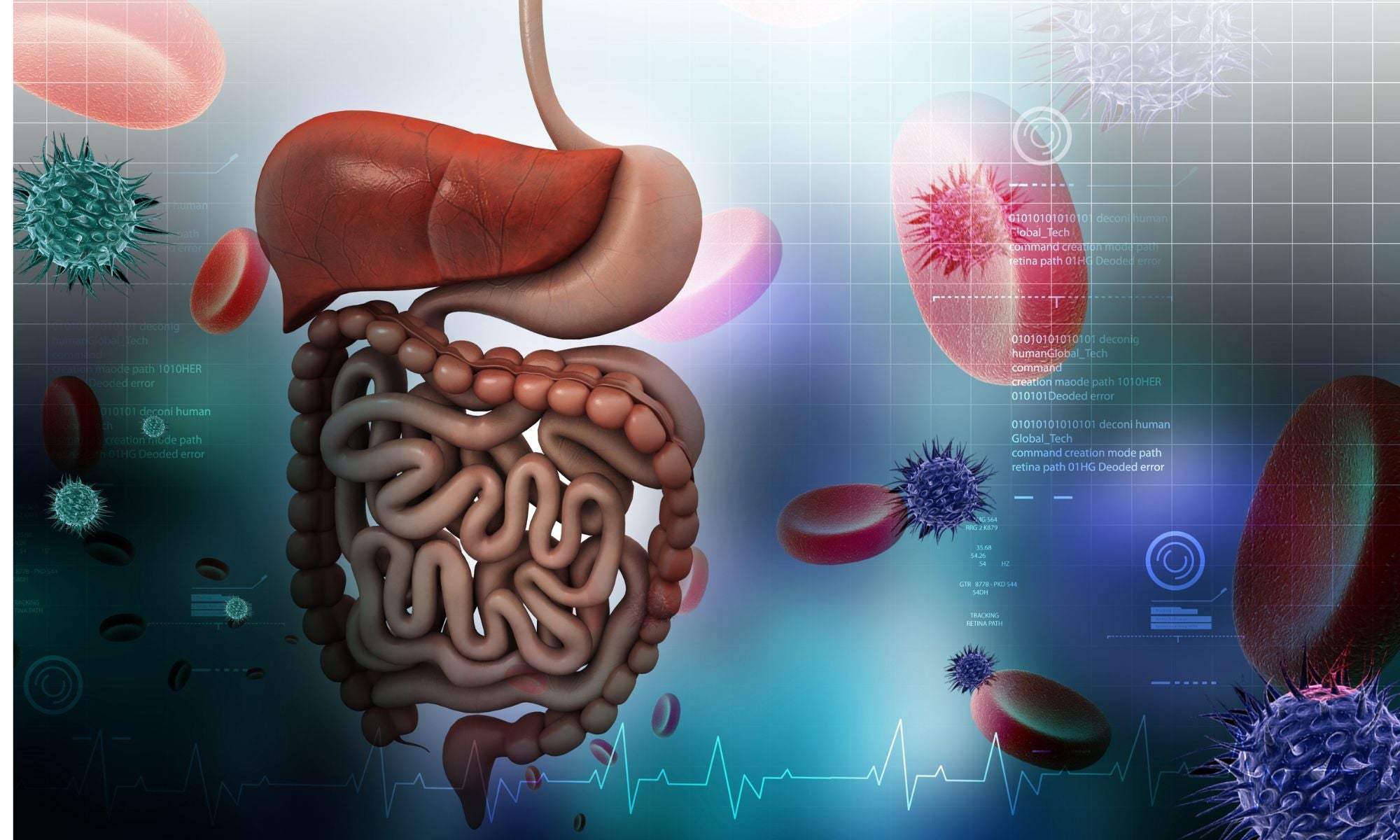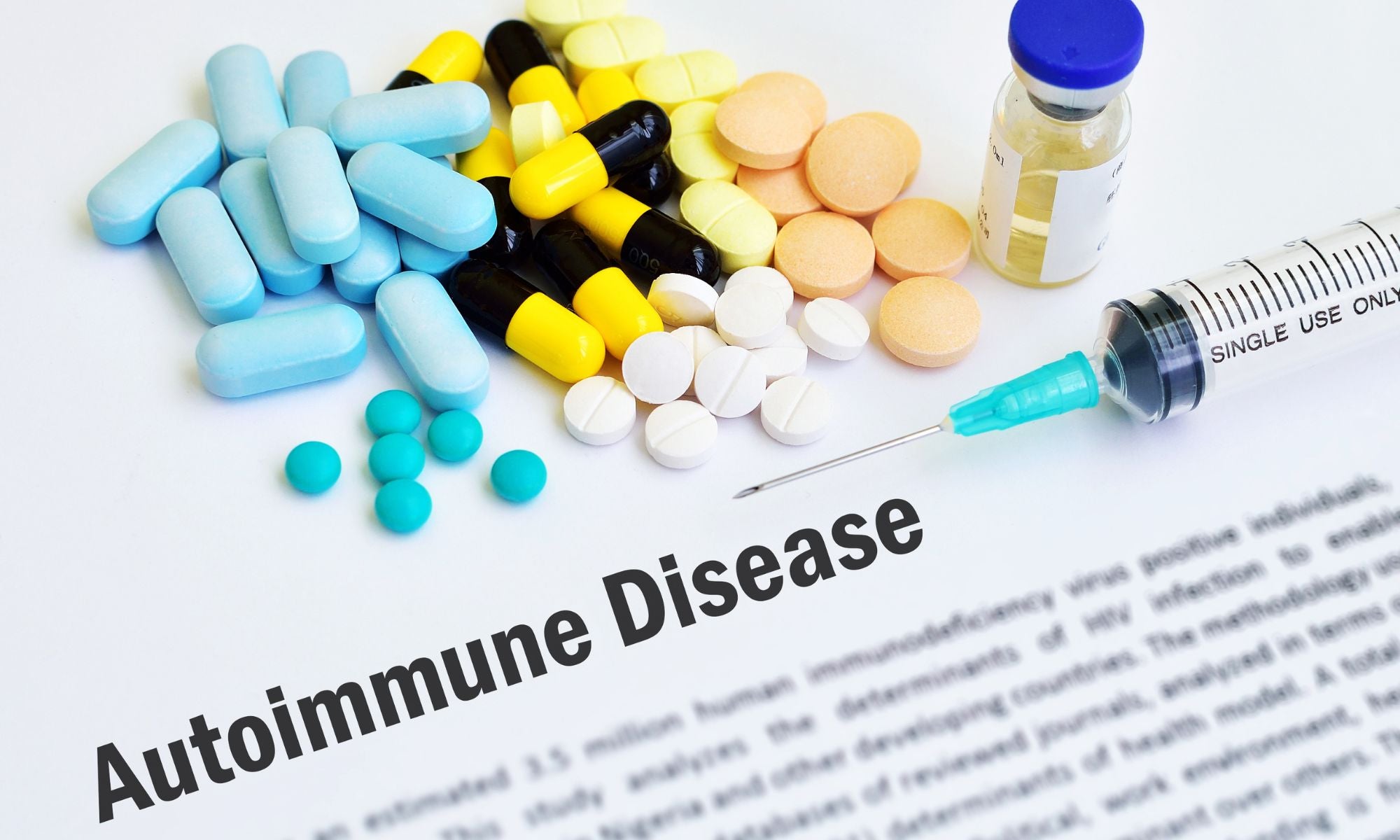
THE POWER OF PROBIOTICS FOR HEART HEALTH
Heart disease is the leading cause of death for men and women all over the world.
With that being said, taking care of your heart health is essential.
Thankfully, there are tons of foods that impact heart health positively. In addition, the consumption of probiotic supplements and food sources may also help.
What Are Probiotics?
Probiotics re live microorganisms. They provide numerous health benefits when consumed.
Probiotics are typical bacteria like Bifidobacteria and Lactobacilli. But it is important to note that not all bacteria are alike. In fact, they may provide different effects on your health.
Interestingly, the human’s intestines consist of trillions of microbes (also known as human microbiota). These are mostly bacteria that greatly impact your health in different ways.
For instance, how much energy you digest from certain foods is determined by your gut bacteria, which is why it has a huge part in weight issues.
Aside from that, your gut bacteria are able to impact your heart health, brain health, and blood sugar. They are able to lower your levels of cholesterol, blood pressure, and inflammation.
Probiotics are beneficial for your heart health since they aid in the restoration of your gut bacteria.
Probiotics May Lower Your Cholesterol
Several major studies have proven the ability of certain probiotics to reduce levels of blood cholesterols. This is true particularly in patients suffering from high cholesterol levels.
As a matter of fact, a review of 15 studies examined the health effects of Lactobacilli.
Two major kinds of cholesterol are HDL (also known as high density lipoprotein) and the other one is LDL (also known as low density lipoprotein). Out of the two, HDL is the type of cholesterol that is considered as “good,” while LDL is viewed as the “bad” kind.
This review discovered that Lactobacillus probiotics were able to lower both total cholesterol and LDL cholesterol levels on average.
If there are two kinds of Lactobacillus probiotics that works very well in lowering levels of cholesterol, it would be L. plantarum and L. reuteri.
Furthermore, a major meta-analysis putting together the results of 32 other studies also discovered notable beneficial effect in lowering levels of cholesterol.
In this particular study, L. acidophilus, L. plantarum, VSL#3 and B. lactis were remarkably effective.
If you want to make the most of Probiotics’ benefits on lowering cholesterol levels, the best consumption would be in a capsule form. You also need consistent consumption to reap more of its benefits.
Probiotics are able to lower cholesterol in countless ways. They are able to join with cholesterol in your body to prevent it from being absorbed. Aside from that, they are also able to assist in the production of certain bile acids, which then assists the metabolism of both cholesterol and fats in the body.
Take note that some probiotics may produce short-chain fatty acids. Short-chain fatty acids area group of compounds that may assist in preventing cholesterol from being produced by the liver.
Probiotics May Reduce Blood Pressure

Research proves that Probiotics can help lower blood pressure.
Another risk factor for heart illnesses is high blood pressure. The good thing is that it could be reduced by certain probiotics.
A study consisting of 36 smokers was conducted. It was discovered that consuming Lactobacilli plantarum for 42 days remarkably lowered blood pressure.
But keep in mind that not all probiotics work the same. In fact, some are not effective for boosting the health condition of your heart.
In a different research, 156 patients suffering from high blood pressure were observed after consuming Lactobacilli and Bifidobacteria. Unfortunately, these two kinds of probiotics were not able to impact the blood pressure if consumed in yogurt or capsules.
Nevertheless, other major studies together with the findings of other researchers have discovered the positive effect of certain probiotics on blood pressure.
As a matter of fact, one of these major studies proved a massive reduction in blood pressure when probiotics were consumed for a long time and when the dosage is really high.
But a larger research study that put together the results of 14 other studies, consisting of 702 people, discovered that probiotic fermented milk can also lower blood pressure in patients suffering from high blood pressure.
Probiotics May Lower Triglycerides
Aside from its effect on blood pressure and cholesterol levels, Probiotics also assist in the reduction of blood triglycerides. Blood Triglycerides are kinds of blood fat. If the levels are really high, they may contribute to heart disease.
A research consisting of 92 patients suffering from high blood triglycerides was conducted. Experts found out that by consuming two probiotics, specifically Lactobacillus plantarum and Lactobacillus curvatus, for at least 3 months may suggestively lower levels of blood triglycerides.
On the other hand, larger studies that associate the results of many other research indicate that probiotics have no effect on triglyceride levels.
With that being said, it is imperative to conduct more human studies before making a conclusion about the effects of probiotics on the reduction of blood triglycerides.
Probiotics May Minimize Inflammation
 As your body triggers your immune system to battle an infection or treat a sickness, inflammation occurs.
As your body triggers your immune system to battle an infection or treat a sickness, inflammation occurs.
After an infection or injury, your body triggers your immune system to fight or treat it. As this happens, inflammation occurs.
Aside from that, inflammation may also occur as a consequence of an unhealthy diet and lifestyle. Bad habits, such as smoking, are the major causes of inflammation. If not treated properly, it may contribute to heart disease.
A study that consisted of 127 patients suffering from high cholesterol levels discovered that consuming Lactobacillus reuteri probiotic for at least 9 weeks shows amazing results. Probiotic consumption was able to minimize the inflammatory chemicals fibrinogen and C-reactive protein (CRP).
CRP is a type of chemical produced by the liver and is associated with inflammation. Fibrinogen, on the other hand, is a chemical that assists blood to clot. Fibrinogen may contribute to arteries’ plaques in heart disease.
A different study consisting of 30 men with high cholesterol levels was also conducted. In this study, experts discovered that consuming a food supplement comprising a fruit, fermented oatmeal and the probiotic Lactobacillus plantarumis able to suggestively cause lowered fibrinogen.
Conclusion

Probiotics are live bacteria that are good for the body. They provide numerous health benefits if consumed regularly.
As to this day, there are great evidences that prove the ability of certain probiotics to lower levels of cholesterol, blood pressure and even inflammation. However, most of the people who participated in these studies are already suffering from high levels of cholesterol or high blood pressure.
Just remember that probiotics work differently. The impact of certain probiotics may not be beneficial for improving heart conditions.
Nevertheless, it is safe to say that probiotics are extremely beneficial for heart health. Aside from proper medications, good diet and healthy lifestyle changes, those who are suffering from high cholesterol or blood pressure levels may benefit from probiotics.













